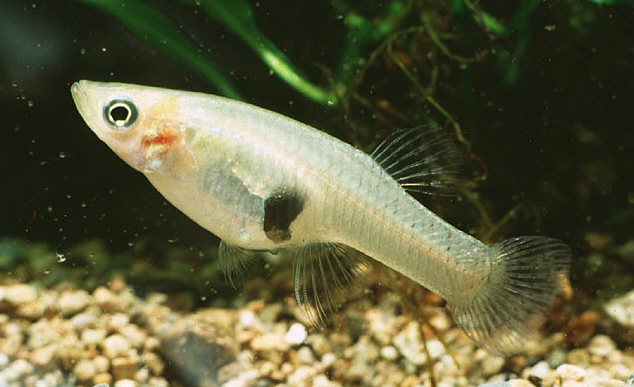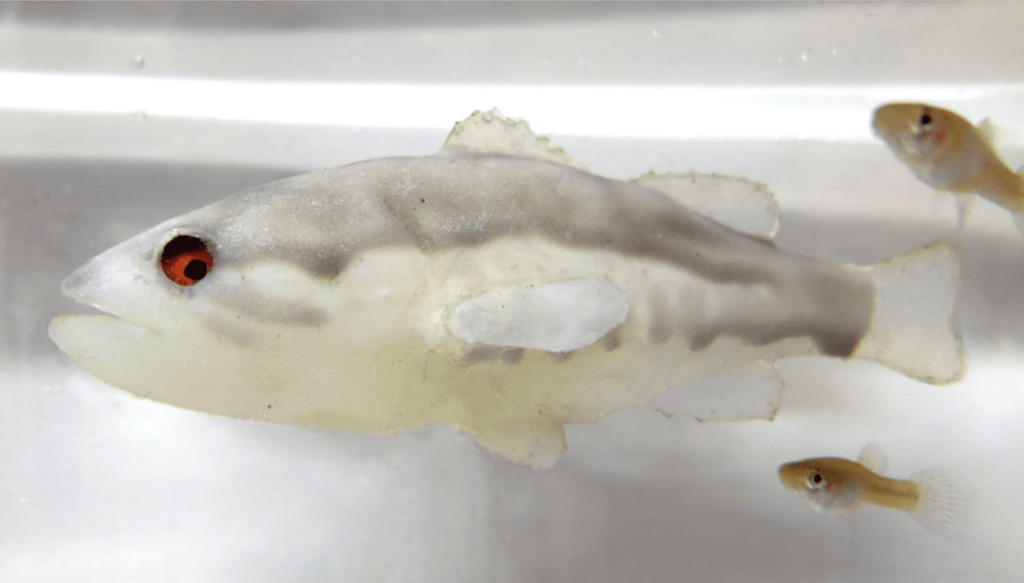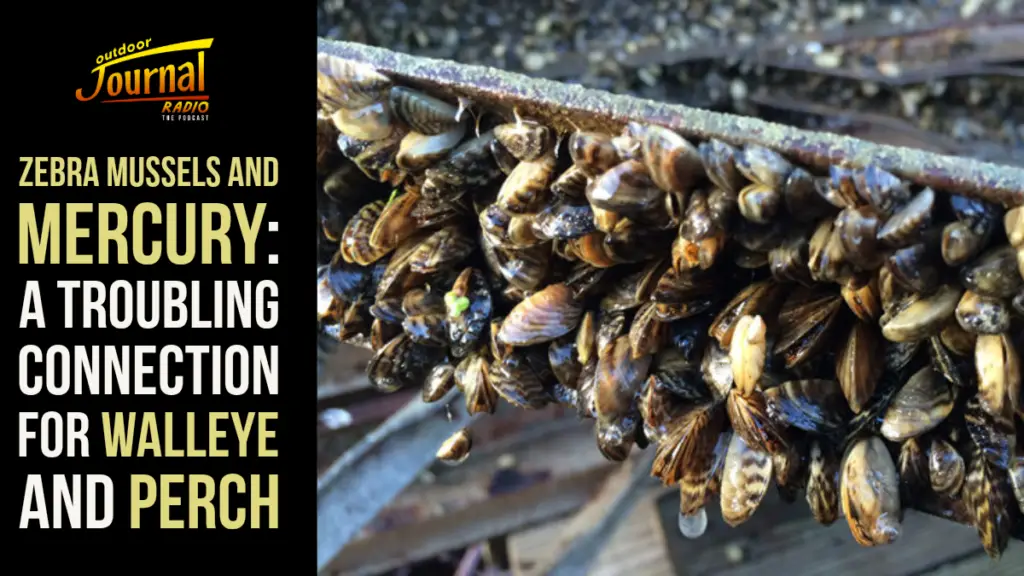According to a study published last week in IScience, the fight against invasive species may now have a new player – robotic Largemouth Bass.
The study arose in response to the continued spread of an invasive species known as the Eastern Mosquitofish. These small baitfish, native to the eastern and southern United States, have been introduced all over the world in an effort to control mosquitos and have now spread throughout many of the surrounding states, from New Jersey to New Mexico, and even threaten waters as north as Canada.

Earning their name from their appetite for mosquito larvae, these small, yet hungry, fish also consume mass amounts of zooplankton, aquatic larvae, and, most importantly, tadpoles.
As has been highlighted since the late 90s, mosquitofish consume tadpoles at alarming rates, with the amphibians now making up the majority of their diets in some lakes. This has perhaps been most notable in Australia where Australian Frog numbers have plummeted and, ironically, mosquito numbers are now on the rise due to their absence.
While many invasive species mitigation strategies employ nets, poisons, and traps – this new project is attempting to use fear as a weapon.
Using a life-like robotic Largemouth Bass that was specially designed to spot Mosquitofish and scare them away from tadpoles, the goal of the study was to prove that heightening fear in the invasive species would prevent them from consuming prey at such a high rate.
In the experiment, conducted in a controlled setting, the Robot Bass did exactly this and was successful in luring Mosquitofish away from the pods of tadpoles. In addition to luring them away, the Mosquitofish also became much less successful in catching their prey over the duration of the five-week study, allegedly due to the heightened anxiety caused by the Robotic Bass.
Although the study is still in its initial phases and is far from ready to be used in the wild, these new methods do provide some hope that this particular invasive species problem could come to an end in the near future.
And, who knows… if successful, maybe Bruce from Jaws can be resurrected and provide some relief to the Great Lakes.










